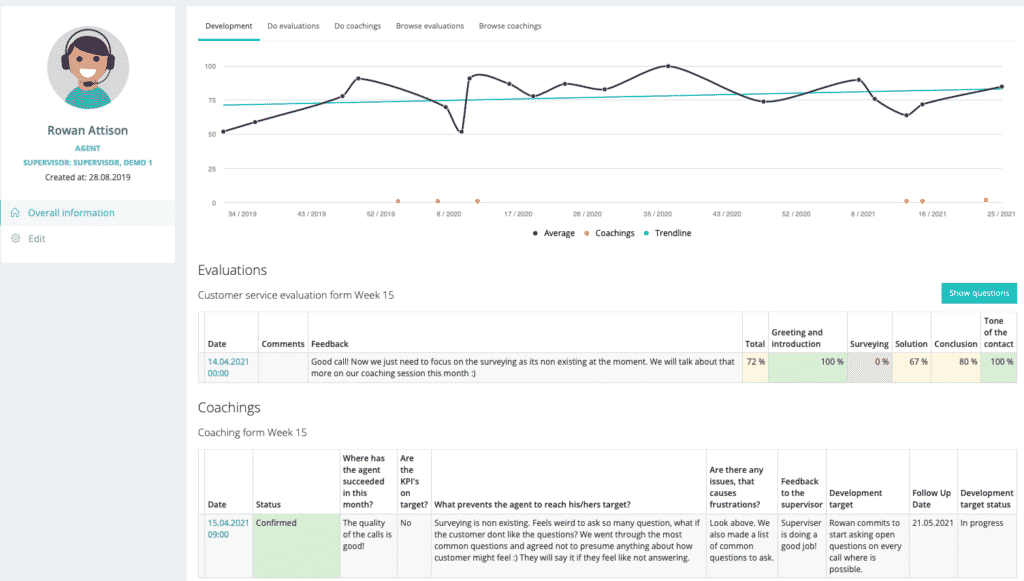While the retention rate has declined, competition for top talent is as fierce as ever. The record–low unemployment rate has only served to make things even harder. Understanding how to attract and keep millennials committed to a job is key, as they are already the largest generation group within the workplace.
Why are millennials changing jobs?
Let’s just face the fact: Millennials are not as committed to their current workplace as older generations once were. According to research conducted by Office Team, 76 % of millennials would go ahead and seek a new job if they felt their efforts were not appreciated enough.
Millennials are more open to new options, and they are not afraid to change jobs if they feel underappreciated. It is easier than ever to explore new opportunities and information is spread at lightspeed. The grass starts to look a lot greener on the other side if your work is not appreciated enough.
More and more people view work as something that needs to be meaningful. Millennials want a job and work environment where they can learn from others, do meaningful tasks, and ultimately build a career.
Keeping millennials attracted
While it is harder to keep employees attracted nowadays, this is also an opportunity for good leaders to thrive. If you understand what you need to do to be a better employer, you have an opportunity to outperform your competition.
Millennials are hungry for feedback and want to see the impact their work has. Compliments, positive feedback, and constructive criticism for what they can do better are all important. Silence just might be the worst possible option.
There are two important things that millennials need more than anything: Positive reinforcement and Meaningful coaching. Let’s break these down:
- Positive reinforcement is absolutely a must. If your employees only receive negative feedback for things they did wrong, you’ll be happy to keep them for even a short time. There is no better way to sink morale and have your agents leave for other opportunities. Optimally, your employees should receive positive reinforcement at a ratio of 5:1 compared to negative reinforcement. This obviously doesn’t mean ignoring negative things but rather finding more positive reinforcement where fit.
- Large coaching sessions are a thing of the past. Nobody wants to listen to coaching sessions that are not relevant to them and that only address old interactions. Instead, focus on smaller coaching sessions that address a single interaction. Short 1-on-1 coaching sessions are a much more effective way to give your agents what they want and need.
Every agent is different, so you should listen to what they say, and treat them as partners rather than subordinates. Coaching style is just as important as the topic being discussed, the way feedback is delivered, and coaching sessions conducted all matters. Millennials were born into a largely digital world, and new ways to do things might be better than old ones – use technology as your friend, not your enemy.

The leadership team at a contact center needs to consider the agents as individuals. Each agent needs feedback, both positive and negative, and they need to feel like they are cared for. Analyzing data and providing individual feedback can improve both how your agents feel about their job and how well the work they do is conducted in the future. A proper human capital retention strategy is definitely something to consider.
When you understand the needs of your workforce, you can deliver better results to your customers and keep a critical workforce in your team. Understanding millennials and the changing workforce is something that just cannot be ignored.




